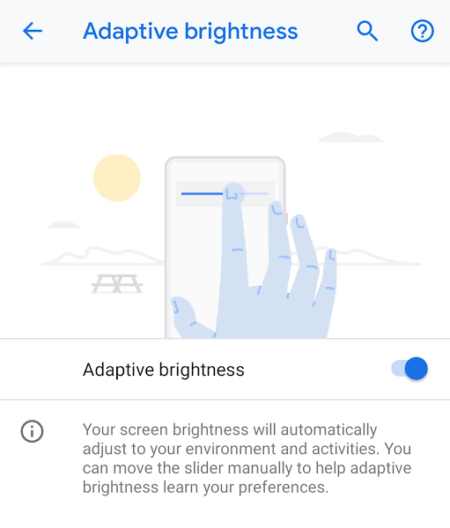Artificial Intelligence (AI) has been steadily infiltrating every sphere of our lives, enhancing user experience and functionality. As one of the leading mobile operating systems, Android is no stranger to this trend. The integration of AI in future Android updates promises a revolutionary change in how we interact with our devices. Let’s delve into how AI will shape Android’s future.

1. Smart Reply and Suggested Actions
Google has been implementing AI in Android through features like Smart Reply and Suggested Actions for a while now. But future Android updates could take this to new heights. Imagine your device analyzing the context of your conversations in real-time and offering more relevant, personalized replies, or proactively suggesting actions like booking a restaurant if a dinner date is being planned in your chat.
Choosing the Right Android Phone for Your Child
2. Enhanced Battery Life
Android’s Adaptive Battery feature already uses machine learning to optimize battery usage based on your app habits. However, AI can take this further by dynamically managing system resources, adjusting screen brightness based on ambient conditions and the content being viewed, and proactively closing power-hungry background processes, thereby significantly improving battery life.
3. Context-Aware App Suggestions
AI could make app suggestions more intuitive and personalized in the future. Based on your usage patterns, location, and time of day, AI could suggest the apps you’re likely to use. For instance, it could suggest your favorite fitness app just as you step into the gym or your news app first thing in the morning.
Tecno Camon iAce IN1 Pro stock firmware
4. Advanced Personalization
AI has the potential to redefine personalization on Android devices. Imagine a device that automatically switches to DND mode during your regular meditation hours, creates a perfect playlist for your commute, or changes the system theme based on your mood, recognized through voice tone or facial expression. With AI, this level of personalization isn’t far from reality.
5. Improved Accessibility
AI could significantly enhance Android’s accessibility features, making smartphones more inclusive. Real-time text-to-speech conversion, AI-driven voice commands, and facial expression recognition could revolutionize how people with disabilities interact with their devices.
6. Enhanced Security
AI’s predictive modeling could be a game-changer in Android security. By learning usage patterns, AI can detect unusual behavior, flagging potential security threats or breaches. Furthermore, AI could improve biometric authentication methods, making your device even more secure.
Lenovo Smart Tab M10 FHD Plus TB-X606FA stock firmware
However, it’s essential to address the elephant in the room – privacy. As AI becomes more integrated into Android, it will inevitably raise concerns over user data privacy. It’s crucial for Android to strike a balance, ensuring the benefits of AI don’t compromise user privacy.
In conclusion, AI’s role in future Android updates paints an exciting picture of an intuitive, personalized mobile OS that adapts to our needs and habits. While there are potential pitfalls, particularly around data privacy, the prospects for an AI-powered Android OS are truly promising. Here’s to a future where our smartphones aren’t just smart, but also intelligent!
Why Mobile Wallets Are Becoming More Popular for Cryptocurrencies






